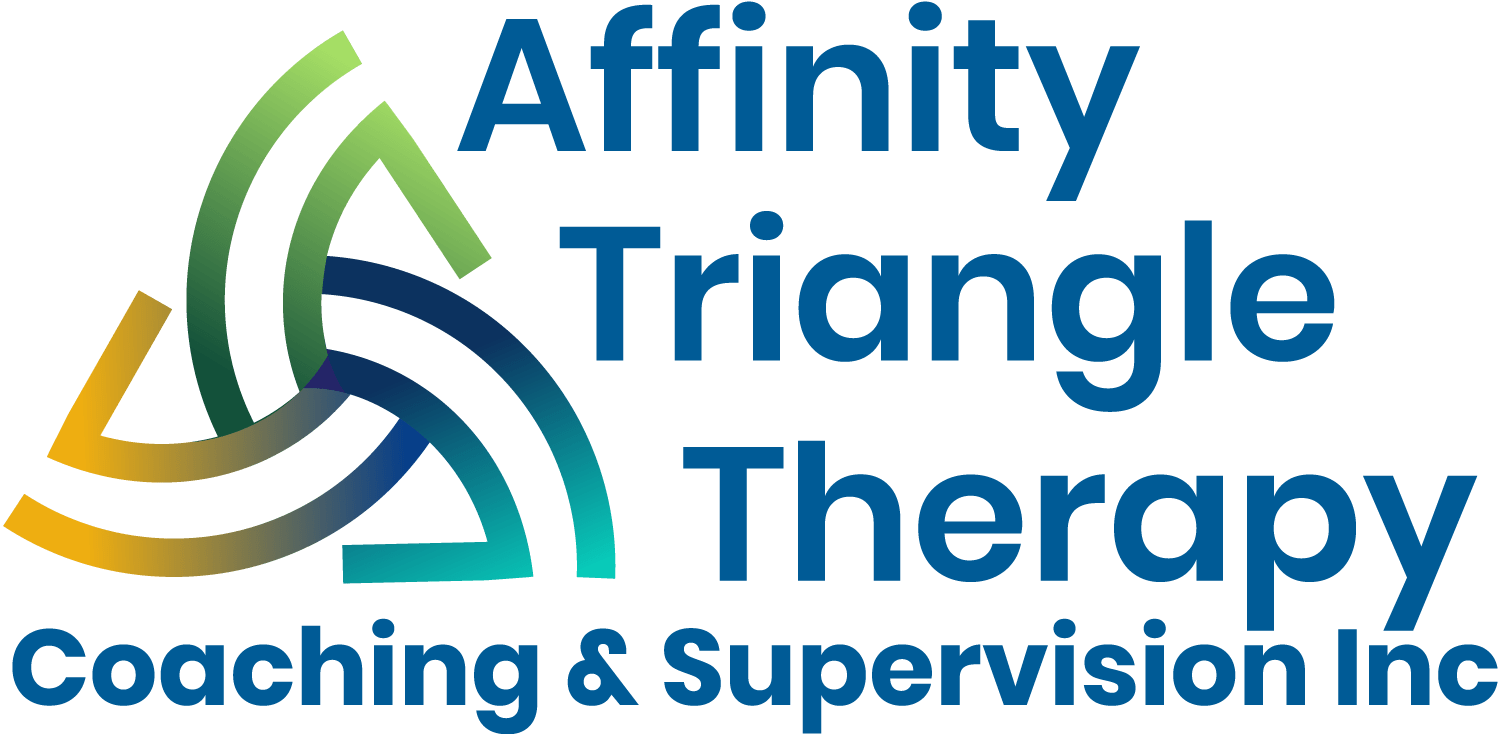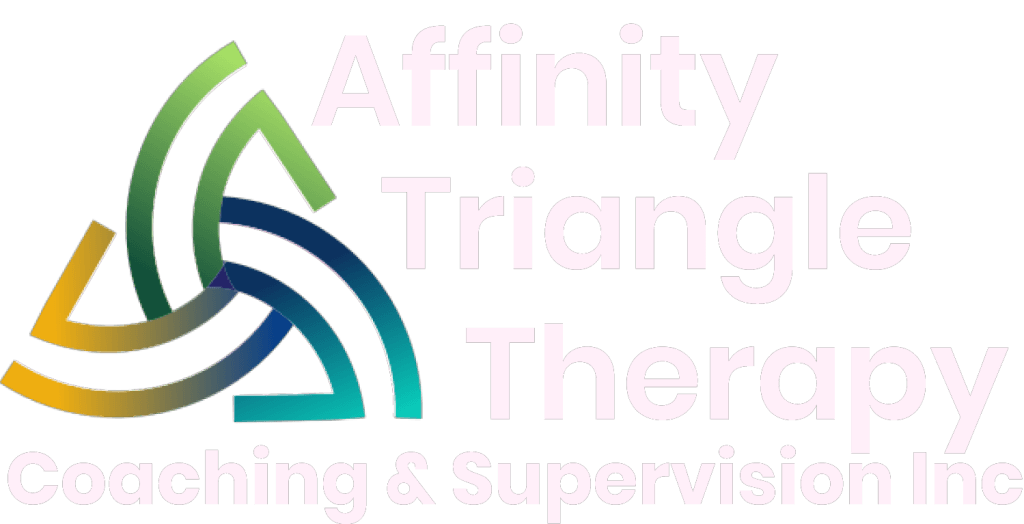Welcome back!
We previously discussed four of the eight reasons why you may get stuck in your progress while attending couple counseling. Let’s review. There was Lack of Commitment, Not having Realistic Expectations, Unresolved or Underlying Individual Issues and a Lack of Desire for Personal Growth. These last four reasons will hopefully shed some light on why couple counseling doesn’t work for everyone.
5. Power Imbalance:
Power imbalances within a relationship can rear their ugly heads in various ways, such as through emotional manipulation, intimidation, or controlling behaviors. If one partner usually dominates conversations, dismisses the other’s feelings, or refuses to acknowledge their role in conflicts, it can create an unhealthy dynamic. Therapists will typically address power imbalances and work towards establishing a safe and equal space for both partners to express themselves freely.
Power imbalances can disrupt the therapeutic process in several ways:
- The partner with less power may feel silenced or unable to express their true thoughts and feelings during sessions. This can prevent open and honest communication, which is essential for addressing relationship issues effectively.
- Power imbalances can stop the growth of trust and safety within the counseling environment. The partner who feels less powerful may be hesitant to share vulnerable experiences or concerns due to fear of judgment or retaliation. This lack of trust can impede building a strong therapeutic alliance between the couple and the counselor, hindering progress.
- Power imbalances can prolong unhealthy relationship patterns and prevent the exploration of different perspectives or solutions. If one partner consistently dominates decision-making or dismisses the other partner’s needs and desires, the couple’s ability to work collaboratively towards resolving conflicts and finding mutually satisfying resolutions is lessened.
Addressing power imbalances in couple counseling requires a skilled and experienced therapist who can create a safe and neutral space for both partners to express themselves freely. The therapist can help facilitate open dialogue, promote equal participation, and empower the partner with less power to assert their needs and boundaries. By addressing power imbalances, couples can work towards a more equitable and fulfilling relationship.
6. Lack of Compatibility:
While couples counseling can be beneficial for many, it may not be effective for couples who are fundamentally incompatible. Incompatibility can manifest in various ways, such as differing core values, life goals, lifestyles, or personality traits. In such cases, counseling may help individuals gain clarity and assist couples in considering alternate options, such as an amicable separation.
In couple counseling, compatibility plays a crucial role in fostering understanding, empathy, and effective communication between partners. If partners have fundamentally different values or goals, it can be difficult to find mutually agreeable solutions or compromises. This can lead to ongoing conflicts and hinder the progress of counseling. These are called unresolvable issues. An example is when one partner wants children and the other doesn’t; or on a lighter note, when your partner wants the thermostat set at Antarctica and you prefer the Sahara Desert setting.
Additionally, a lack of compatibility can affect the level of commitment and motivation to engage in the counseling process. If partners feel that their differences are unresolvable or that their fundamental needs are not being met, they may be less ready to actively participate in counseling or invest in making necessary changes.
It is important to note that couple counseling can still be beneficial, even in cases of compatibility challenges. Skilled therapists can help couples explore their differences, improve communication, and find ways to navigate their unique dynamics. However, it may require additional effort, patience, and willingness to adapt, from both partners, to overcome compatibility issues and make progress in counseling.
Ultimately, the success of couple counseling in the face of compatibility challenges depends on the willingness of both partners to work towards understanding, compromise, and growth, as well as the guidance and expertise of the therapist.
7. Timing and Readiness:
Couple counseling may not be effective if both partners are not emotionally ready or if the timing is not right. If one partner feels coerced into therapy or if there are external stressors that demand immediate attention, the couple may not be in the optimal mindset to engage fully in the therapeutic process. Stressful events like job loss, financial difficulties, or the loss of a loved one can strain a relationship and make it challenging to fully engage in the counseling process. You should assess your readiness and ensure that both you and your partner are willing to commit the necessary time, effort, and finances involved for productive couple counseling.
- Allocating sufficient time for counseling sessions and actively engaging in the process is important. Regular attendance and active participation in sessions allow for consistent progress and the exploration of underlying issues. Consistency and continuity in attending sessions help build trust, establish rapport with the counselor, and maintain momentum in the therapeutic process. When you make progress, you push positivity out and it makes it easier to make more progress.
- Readiness, or the willingness of both partners to engage in counseling, help to motivate change. Readiness involves being open to self-reflection, acknowledging personal contributions to the relationship issues, and being receptive to feedback and suggestions from the counselor. Without readiness, individuals may resist change, be less invested in the process, or exhibit defensive behaviors that impede progress.
- Time and readiness also influence the pace of progress in couples counseling. Every relationship is unique, and the time required to address and resolve issues may vary. Patience and understanding are necessary as couples navigate through challenges and work towards positive change. It is important to recognize that significant improvements may take time and require ongoing effort beyond the counseling sessions.
In summary, allocating sufficient time, actively engaging in the process, and being ready to work on the relationship are needed factors that contribute to the success of couples counseling
8. Ineffective Therapist Match:
The success of couple counseling does rely on the expertise and compatibility of the therapist, more so on how well you “mesh together”. If couples find themselves working with a therapist who does not understand their unique needs or fails to establish rapport, it can actually make the relationship worse. Find a therapist who specializes in couple counseling and creates a safe and supportive environment. The following is how a “bad fit” with a therapist can impact your couple sessions.
- A lack of rapport and connection between the couple and the therapist can make it challenging for the couple to feel comfortable and open during sessions. Trust and a sense of safety are needed for couples to share their thoughts, emotions, and concerns while increasing the depth of exploration.
- An ineffective therapist match may result in a mismatch of therapeutic approaches or expertise. Each therapist has their own style, theoretical orientation, and areas of specialization. If the therapist’s approach does not align with the couple’s needs or preferences, it can lead to frustration and dissatisfaction. For example, if a couple requires a more structured and solution-focused approach, but the therapist primarily utilizes a more exploratory and insight-oriented approach, it may not address the couple’s immediate concerns effectively and that can leave the couple feeling misunderstood.
- An ineffective therapist match can result in a lack of cultural competence or understanding. Couples from diverse backgrounds may have unique needs and experiences that require a therapist who is knowledgeable and sensitive to their cultural context. If the therapist lacks cultural competence or fails to understand and address the couple’s cultural dynamics, it can leave you feeling judged or unseen.
In summary, an ineffective therapist match can hinder couples counseling by impacting the establishment of rapport, mismatching therapeutic approaches, and lacking cultural competence. You want to find a therapist who is a good fit for your specific needs and goals to maximize the potential for successful outcomes. Not every therapist can be a match for every couple, so do your research. Look at their website, read their bios, hop on a consultation call if they offer that service. More importantly, if you start with a therapist and it’s not a good fit, be honest, and look for another therapist. Don’t say “well, therapy didn’t work” and give up… just work to find a better fit.
While couple counseling has proven to be beneficial for many couples, it is important to recognize that it may not always yield the desired results. Factors such as lack of commitment, unrealistic expectations, communication breakdowns, unresolved individual issues, lack of compatibility, reluctance to change, power imbalances, a not great fit therapist and external factors can all contribute to the limited effectiveness of counseling.
Couples and their therapists need to address these challenges openly and explore alternative approaches when necessary. Ultimately, the success of couple counseling depends on the willingness and active participation of both partners in the journey towards a healthier and happier relationship.
So, when you’re ready to get started and your mind & heart are open, book a consultation call with us today. We would love to support you through your therapy journey.
Written by:
Sonnee D. Stanley, M.Ed., LMFT-S, LPC-ALPS, AAMFT-S


One Response
Good day! I could have sworn I’ve been to this site
before but afterr browsing through some of thhe post I realized it’s neew
to me. Nonetheless, I’m definitely happy I found it and I’ll be book-marking and checking back often! https://lvivforum.pp.ua